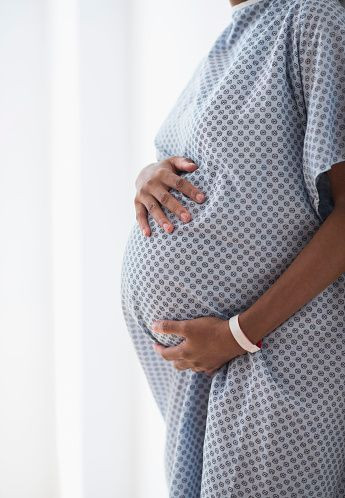Men Having Older Brothers More Likely To Be Gay, Says Study

In 1962, a team of researchers led by American-Canadian sexologist Ray Blanchard published a study that said the greater number of brothers a boy has, the more likely he is to be gay. This was called the fraternal birth order effect. Now, researchers believe they found the biological reason behind such a pattern and it is linked to a phenomenon that happens in the womb due to the Y chromosome, which women do not possess.
According to a study conducted by researchers at Brock University, Canada, and published in the journal PNAS on Monday, Y-linked protein gets into the bloodstream of some women when they are pregnant with a boy. As women do not have the Y chromosome, their bodies create antibodies. These get stored in the women’s bodies and when they become pregnant with another boy, the antibodies cross the placenta and enter the fetus’ brain.
"That may alter the functions in the brain, changing the direction of how the male fetus may later develop their sense of attraction," said Anthony Bogaert, the study's author and Canadian psychologist, who is a professor in psychology and community health sciences departments at Brock University, according to the CNN.
There are many factors that determine a person’s sexual orientation. Bogaert added, “I wouldn’t say we’ve solved the fraternal birth order effect puzzle, but we are getting close to finding a mechanism.”
The researchers analyzed plasma from mothers, half of whom had gay sons; women with no sons; and men in order to find antibodies for the protein NLGN4Y, which is found in men. This protein helps neurons communicate with each other. Bogaert and his team found the highest concentration of antibodies to NLGN4Y in women with gay younger sons with older brothers, compared with women who had no sons or only heterosexual sons. The women also had a higher concentration of the antibodies compared to the men who were analyzed.
“The results suggest an association between a maternal immune response to NLGN4Y and subsequent sexual orientation in male offspring,” the study said.
The study suggested the effect of these antibodies on the protein they target leads to changes in parts of the brain that have an influence on sexual orientation.
“This is a very important study because it provides a plausible mechanism to explain the fraternal birth order effect, perhaps the most firmly established phenomenon related to human sexual orientation,” says Marc Breedlove, professor of Neuroscience at Michigan State University, said, the New Scientist website reported. “Given that the protein is known to be important in synapse formation, you can see how maternal antibodies might affect the wiring of the fetal brain, and that might explain why each subsequent son is more likely to grow up gay.”
Bogaert’s team based their research on studies that have been exploring these avenues for the past 20 years. The team noted even other researches stated the same. One found that even if a boy lives far away from his biological older brother, his chances are high of being gay, CNN reported.
© Copyright IBTimes 2024. All rights reserved.





















